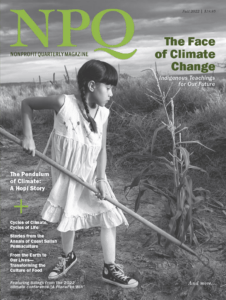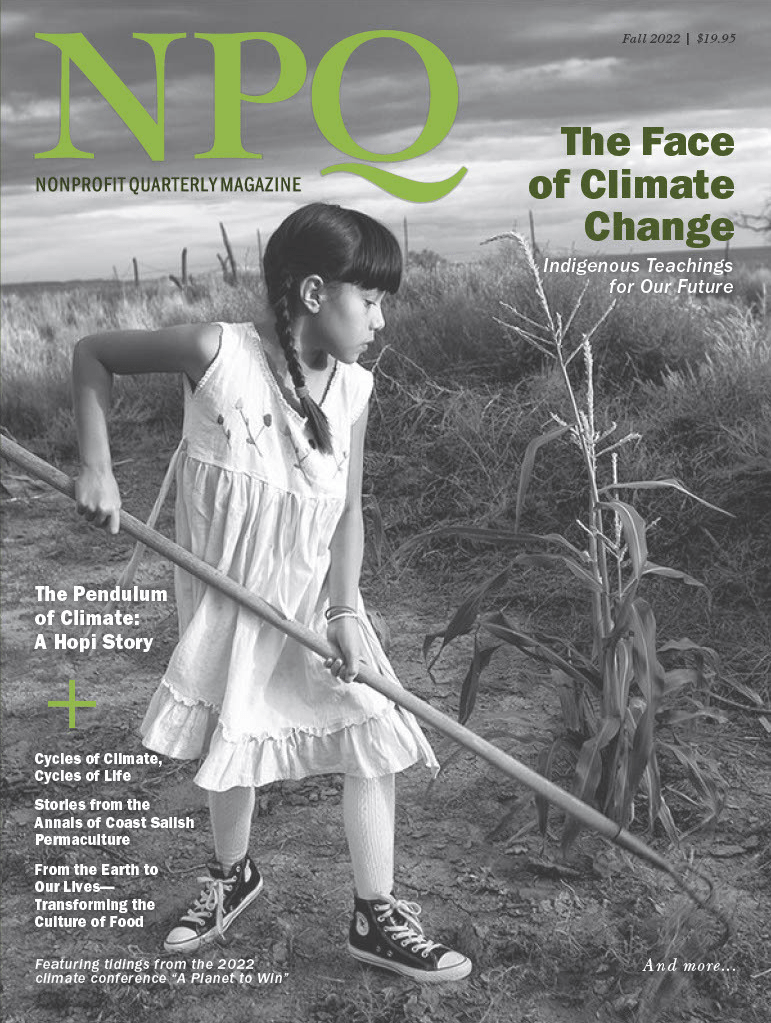
May 4, 2015; NPR, “Parallels” and The Guardian
Knowing the long-term effects climate change will have on the Netherlands and the world, the nonprofit Urgenda concluded it could not wait for its government to act. In November 2012, it filed a groundbreaking class action suit. In it, their attorneys used current human rights and tort law to claim the Dutch government is placing human life in danger by failing to reduce carbon emissions. If they are successful, some experts believe it will begin a major shift in environmentalists’ efforts to reduce carbon emissions.
Although many associate the Netherlands with windmills and bicycles, citizens rely heavily on coal-powered utility plants for most of their electricity. Additionally, the Dutch government’s goal of reducing emissions is far less ambitious than its European neighbors. At the same time, the country will be critically affected by the effects of climate change, since it is located three meters below sea level.
To force their government to act, an innovative class action lawsuit was filed by the Dutch nonprofit Urgenda on behalf of slightly less than 900 citizens and against the government of the Netherlands. The suit contends the Dutch government is not doing enough to reduce greenhouse gas emissions that cause climate change. On April 14th, the suit was heard by a district court in The Hague. If the court rules in the class’s favor, it will force the Dutch government to execute policies that will reduce emission by a minimum of 25 percent below 1990 levels by the year 2020.
Sign up for our free newsletters
Subscribe to NPQ's newsletters to have our top stories delivered directly to your inbox.
By signing up, you agree to our privacy policy and terms of use, and to receive messages from NPQ and our partners.
The suit hinges on whether the rising of the Earth’s global temperature by 2 °C will cause conditions dangerous to human life. The Intergovernmental Panel on Climate Change (IPCC) created this benchmark for developing nations. The Panel is a scientific body created by the United Nations Environment Programme (UNEP) and the World Meteorological Organization (WMO) in 1988. Its mission is to provide “the world with a clear scientific view on the current state of knowledge in climate change and its potential environmental and socioeconomic impacts.” The organization evaluates scientific, technical and socioeconomic information to develop a comprehensive understanding of the effects of climate change on the planet.
The class was originated by the Dutch nonprofit Urgenda. Urgenda, abbreviated from “urgent agenda,” is a leader in developing new methods of fighting climate change. Before filing the suit, the organization, led by its founder Marjam Minnesma, created a campaign to introduce solar panels to a large number of individual consumers. When the campaign was completed, the organization negotiated a deal with Chinese manufacturers for 50,000 panels.
Many of the members of the class have changed their lifestyle to limit their individual carbon emissions. They ride bicycles on a daily basis and heat their houses using solar panels. Unfortunately, they know their individual actions alone will do little to change the direction of climate change. They are hoping this suit will develop into a large movement to change carbon emission.
To build the movement, Urgenda spent critical resources translating research and court documents into English and posting them online. A similar class action suit with over 8,000 members is pending in Belgium. Additionally, lawyers in Australia, Canada, and the United States are investigating opportunities in their own countries.
A decision in the suit filed by Urgenda is expected by the end of June.—Gayle Nelson












